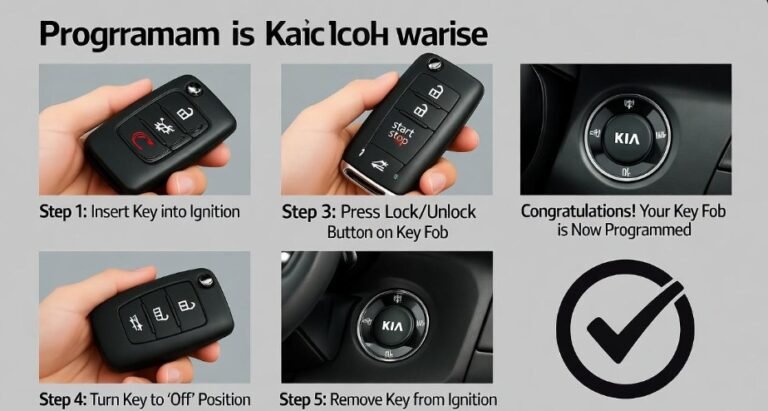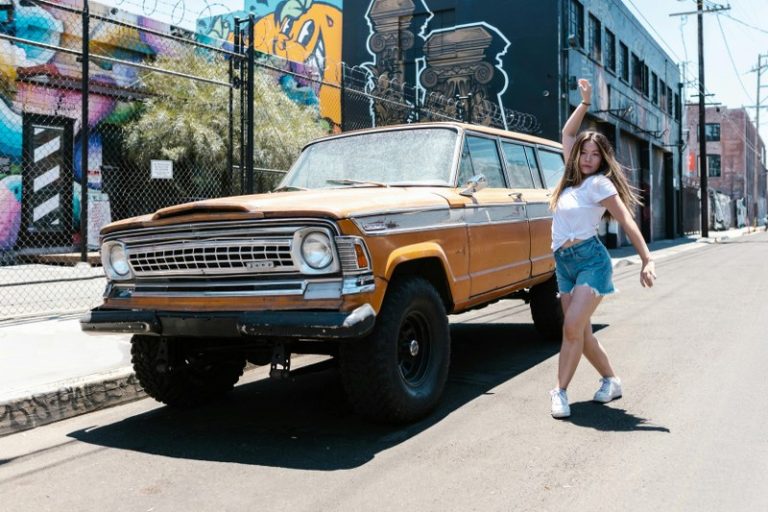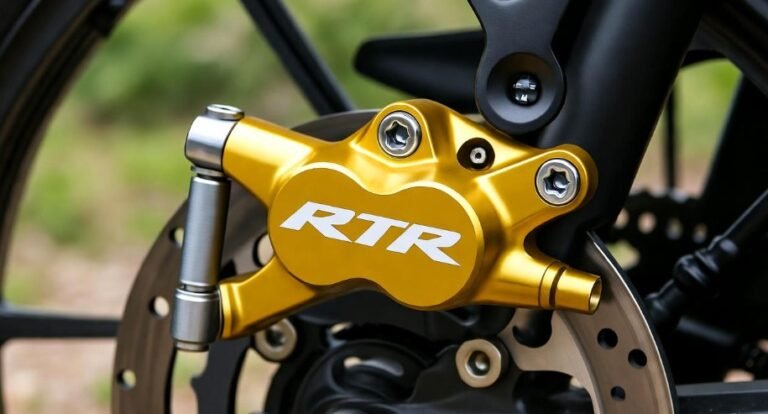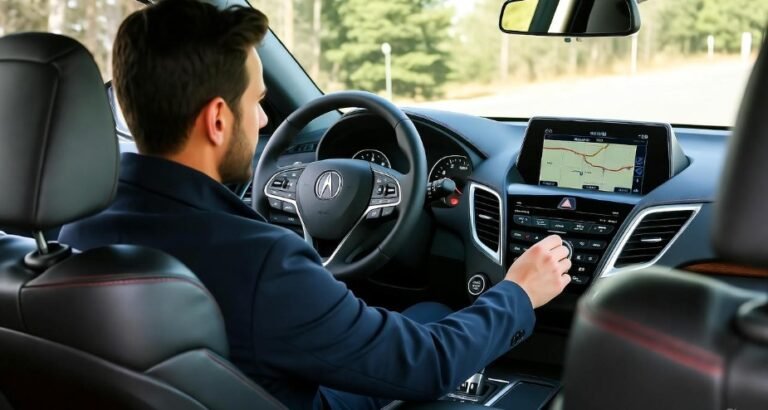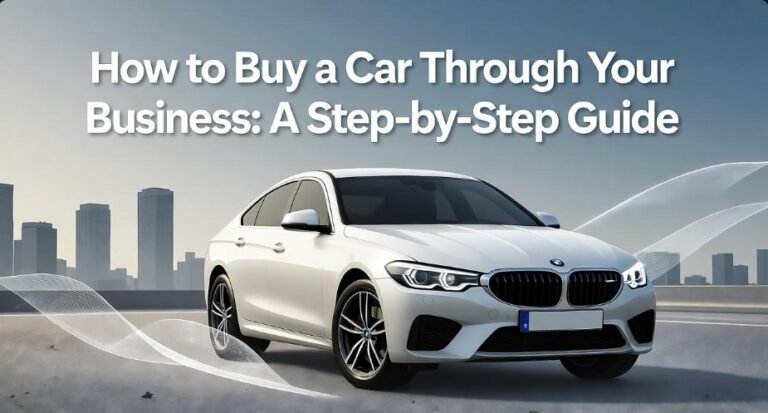What’s the Maximum Towing Weight for My Car?
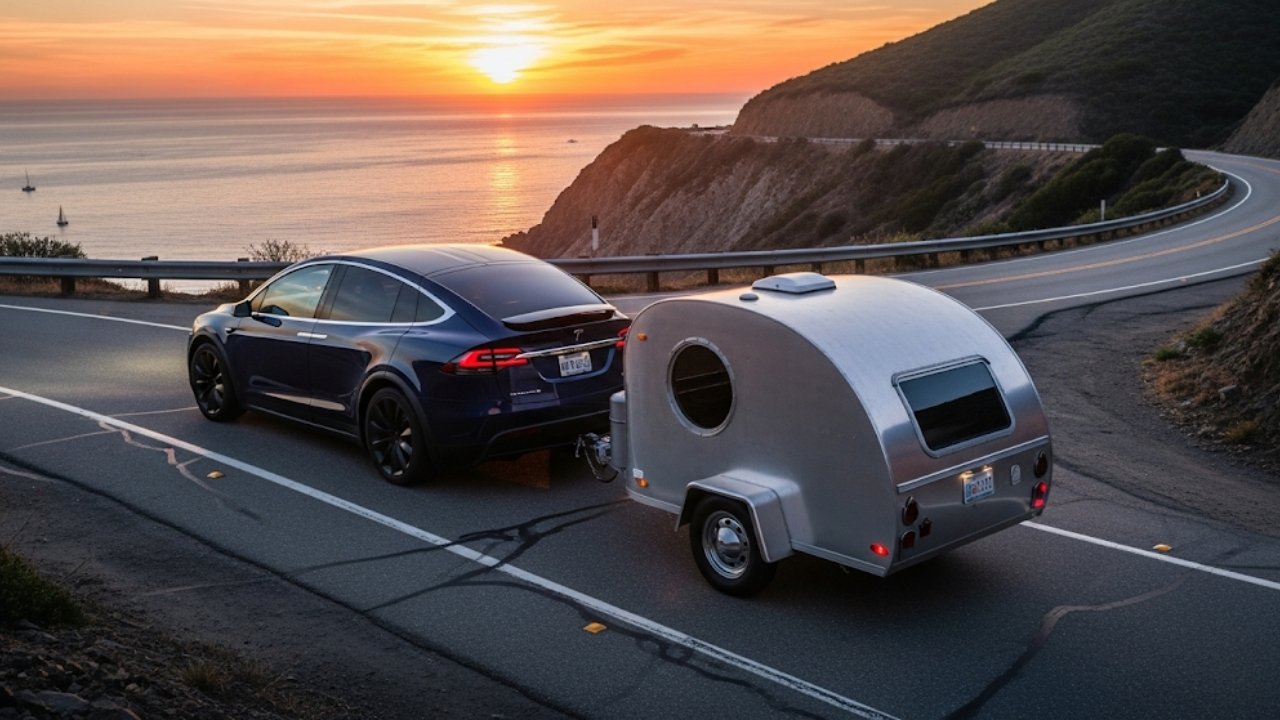
Have you ever stared at a trailer or boat and asked, “Can my car tow that?” Yeah, me too. It’s one of those oddly specific questions that you never think about—until you really need to. Whether you’re planning a weekend camping trip, moving cross-country, or helping a friend haul furniture, knowing the maximum towing weight for my car isn’t just important—it’s critical.
A few years back, I learned this the hard way. I thought my SUV could handle a fully loaded trailer. Turns out, I was wrong. It overheated halfway up a hill, and I spent the next three hours in a roadside diner waiting for a tow truck. Lesson learned.
So today, let’s walk through the full picture—how to find your car’s towing capacity, what it really means, how to stay safe, and why towing isn’t as straightforward as “just hook it and go.”
What Is Towing Capacity? (Spoiler: It’s Not Just About Power)
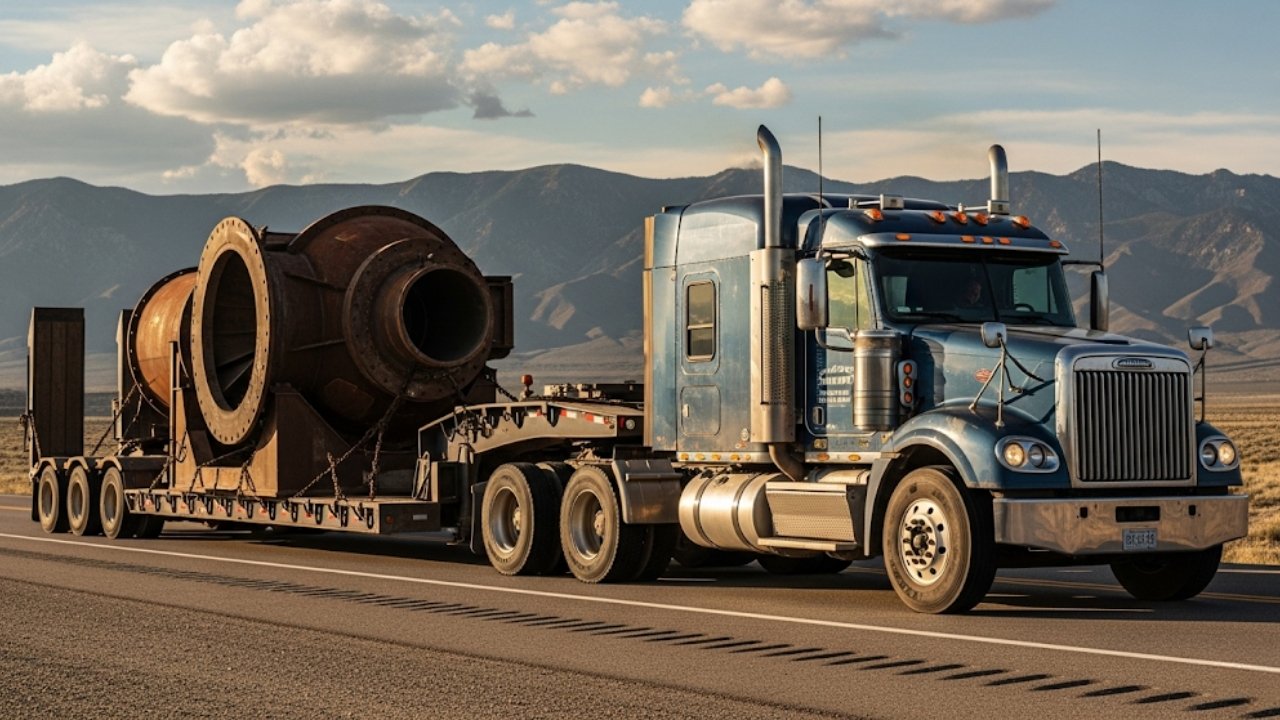
Towing capacity—aka the maximum towing weight for my car—refers to how much weight your vehicle can safely tow behind it. That includes the trailer and everything on or in it.
Here’s a breakdown of the terms you’ll see often:
| Term | Meaning |
|---|---|
| GVWR (Gross Vehicle Weight Rating) | Max total weight of your vehicle (including passengers & cargo) |
| GCWR (Gross Combined Weight Rating) | Max combined weight of your car + trailer + cargo |
| GTW (Gross Trailer Weight) | Actual weight of the trailer and what’s on it |
| Tongue Weight | Weight the trailer puts on the hitch (usually 10–15% of GTW) |
If your trailer weighs more than your car can handle, you’re risking transmission damage, brake failure, and loss of control. That’s why manufacturers limit the maximum towing weight for your car. It’s not to annoy you—it’s to protect you.
How to Find the Maximum Towing Weight for My Car
Before you even think of towing, you need this number. So where do you look?
-
Owner’s Manual – Flip to the towing section. It’s often listed under “Specifications” or “Towing.”
-
Manufacturer Website – Just Google: “[Your car model] towing capacity.”
-
VIN Decoder Tools – Some online tools let you input your Vehicle Identification Number to get exact towing specs.
-
Driver’s Side Door Sticker – Check the label inside the driver’s door. It often lists GVWR and other key data.
Let me give you a personal example. I drive a 2019 Honda CR-V. From the outside, it looks like it should tow quite a bit. But the maximum towing weight for my car is just 1,500 lbs. That’s barely enough for a small trailer. I found this in the manual—buried between maintenance tips and tire pressure charts.
So, don’t assume—check first. The answer might surprise you.
Factors That Affect Towing Capacity (And Might Be Limiting You)
Even if your car says it can tow 3,500 lbs, that doesn’t mean you should always tow that much. Why? Because several hidden factors can bring that number down:
1. Engine Size & Torque
Cars with small engines often struggle on hills or highways when towing heavy loads. You’ll feel the car strain.
Even if your engine is strong, torque—not just horsepower—is key. Torque helps pull heavy loads from a standstill.
2. Transmission Type
Automatic vs manual plays a role. Most modern automatics are better for towing, especially with transmission coolers. But not all are made equal.
3. Drivetrain: FWD vs RWD vs AWD
-
FWD cars are weakest for towing.
-
RWD vehicles are more balanced under load.
-
AWD adds grip and traction, but it also adds weight—reducing what’s left for towing.
4. Suspension & Braking System
Can your car stop safely with all that extra weight? Towing capacity is also about braking power and suspension strength.
If you’re maxing out your towing weight, your car’s shock absorbers, tires, and brakes better be in top shape.
5. Cooling Systems
Towing adds heat. If your vehicle doesn’t have a heavy-duty radiator or transmission cooler, it could overheat quickly.
Real-Life Scenarios: “Can I Tow That?”
Let’s make this practical. Below are common towing cases and what type of vehicle you’ll need. This will help you understand how your car stacks up:
| Trailer Type | Approx. Weight | Car Type Needed |
|---|---|---|
| Small utility trailer | 1,000–1,500 lbs | Small SUV, sedan with tow package |
| Teardrop camper | 1,200–2,000 lbs | Mid-size SUV, wagon |
| Boat trailer | 3,000–4,500 lbs | Truck, large SUV |
| Car hauler trailer | 5,000–7,500 lbs | Pickup truck (F-150, Ram 1500, etc.) |
| Travel trailer (25ft+) | 6,000–10,000 lbs | Heavy-duty truck (F-250, Silverado 2500) |
If you’re wondering “what is the maximum towing weight for my car?”, think of these numbers as a rough guide. But again—always check your manual. That’s your official limit.
Common Mistakes People Make When Towing
Let’s face it: towing isn’t intuitive. Most people learn through trial, error—and a few embarrassing moments at the gas station or uphill climbs.
Here are the biggest missteps I’ve seen (and made myself):
-
Overloading the trailer beyond rated capacity
-
Ignoring tongue weight and getting fishtail sway on highways
-
Using the wrong hitch size or mount
-
Forgetting to balance the load evenly
-
Not using trailer brakes when needed
-
Towing without a transmission cooler in hot weather
-
Skipping tire pressure checks before long trips
I remember helping a buddy tow his ATV and noticing his rear suspension was sagging badly. Turns out, we overloaded the trailer and didn’t distribute weight properly. We fixed it by shifting the load forward and rechecking the tongue weight. Instantly, the handling improved.
Signs You’re Towing Too Much (And Should Lighten the Load)
Your car usually gives you clues before things go wrong. If you see these red flags, pull over and reassess:
-
Engine temperature rising faster than usual
-
Transmission shifting hard or slipping
-
Brake pedal feels soft or delayed
-
Rear end of the car sags noticeably
-
Steering feels floaty or less responsive
-
Poor gas mileage (even worse than normal)
-
Swaying or fishtailing at highway speeds
It’s scary when your car starts to feel “off” on the road. Trust that instinct. If something doesn’t feel right, it probably isn’t.
Towing with Different Vehicle Types: Know What Yours Can Handle
Not every vehicle is built for towing. The type of car you own plays a massive role in how much you can haul. Let’s look at a few categories and what to expect.
Sedans & Hatchbacks
These vehicles are the most limited when it comes to towing. Many aren’t rated to tow anything at all, while some might allow light-duty trailers up to 1,000 lbs.
For example, a Toyota Corolla or Honda Civic might only be suitable for small utility trailers or lightweight bike carriers. That’s your maximum towing weight for my car in this case.
Tip: If you’re towing with a sedan, install a proper hitch and never guess your capacity.
SUVs & Crossovers
These are more versatile. Many mid-size SUVs can tow anywhere between 2,000 to 5,000 lbs, depending on the drivetrain and engine.
A Subaru Outback, for instance, can handle about 2,700 lbs, while a Ford Explorer can tow up to 5,600 lbs if properly equipped.
Personal note: I towed a 17-foot fiberglass boat with a Subaru Forester once. It wasn’t fast, but it got the job done—with caution.
Pickup Trucks
Trucks are towing beasts. The maximum towing weight for my car jumps significantly if “my car” is a pickup.
-
Light-duty trucks (e.g., Toyota Tacoma, Ford Ranger) tow 3,500–7,000 lbs.
-
Full-size pickups (e.g., Ford F-150, Chevy Silverado 1500) go up to 12,000 lbs.
-
Heavy-duty models (F-250, Ram 2500) can haul 15,000 lbs or more.
Tip: Always add a brake controller when towing over 3,000 lbs. It’s safer and required by law in many areas.
Towing Laws & Legal Requirements You Shouldn’t Ignore
Here’s where things get serious. Beyond safety, there are legal rules around towing. If you don’t follow them, you could face fines, insurance issues, or even liability in an accident.
Common Towing Laws
-
Trailer brake laws – Many states require trailer brakes over 3,000 lbs.
-
Safety chains – Required in nearly every state as a backup if the hitch fails.
-
Towing mirrors – If your trailer is wider than your car, you must use extended mirrors.
-
Trailer lights – Turn signals and brake lights must work via a 4- or 7-pin connector.
-
Load limits – Towing more than the manufacturer’s rating can void insurance coverage.
Pro Tip: Keep a towing checklist in your glove compartment to avoid missing anything before hitting the road.
When Should You NOT Tow?
Just because your vehicle can tow, doesn’t mean it should. These red-flag conditions mean it’s better to call a friend—or a pro—with a bigger vehicle.
-
Your car has cooling issues or a worn-out transmission
-
You’re towing through mountain passes or steep grades
-
It’s extremely hot outside, and you don’t have a transmission cooler
-
You’re not confident in your braking ability or experience
-
The trailer sways even at low speeds
-
The trailer weighs more than your towing capacity
Think of it like going for a jog. Just because you can run five miles doesn’t mean you should do it uphill on a hot day with a backpack full of bricks.
Frequently Asked Questions About Maximum Towing Weight for My Car
❓1. How do I know if my car can tow a trailer?
Check your owner’s manual or look up your vehicle’s towing specs online. Never assume based on engine size or looks alone.
❓2. What happens if I tow more than my vehicle’s limit?
You risk damaging your engine or transmission, losing braking control, and even voiding your insurance in case of an accident.
❓3. Is tongue weight important?
Absolutely. Tongue weight should be 10–15% of the trailer’s total weight. Too light = sway; too heavy = rear-end sagging.
❓4. Do I need a special license to tow?
In most states, no—unless you’re towing very heavy trailers (10,000+ lbs). However, commercial towing often requires a CDL.
❓5. Can I tow with a front-wheel-drive car?
Yes, but only light trailers under 2,000 lbs. FWD cars aren’t built for heavy towing due to traction and drivetrain limits.
❓6. Should I use trailer brakes?
Yes—especially if your trailer is over 1,500–2,000 lbs. It’s not just safer; it’s often legally required.
❓7. What’s the difference between dry weight and gross weight?
Dry weight is the trailer’s weight when empty. Gross weight includes gear, water, propane tanks—everything inside or on it.
❓8. Can I install a towing package myself?
You can install a hitch yourself, but for transmission coolers, brake controllers, or wiring, it’s best to go pro.
Real Talk: Stories from the Road
Let me share another quick story. My neighbor, Mike, bought a beautiful 22-foot camper. His car? A 2.4L Jeep Compass. It was rated to tow 2,000 lbs, but his trailer weighed 3,800 lbs dry.
He took it on a trip anyway. A few hours in, he overheated on a hill, warped his rotors from hard braking, and cracked a transmission seal.
Moral of the story? “Close enough” isn’t good enough when it comes to towing.
Final Thoughts: Towing Is a Responsibility, Not a Guess
Knowing the maximum towing weight for my car isn’t just about numbers. It’s about safety, preparation, and common sense.
When you get it right, towing is empowering. You feel capable and free—whether you’re moving a trailer, hauling toys, or heading into the wild.
But get it wrong, and you could face expensive repairs or worse—a dangerous accident.
Let this guide be your friend in the passenger seat, gently reminding you to double-check the weight, balance the load, and take it slow.


